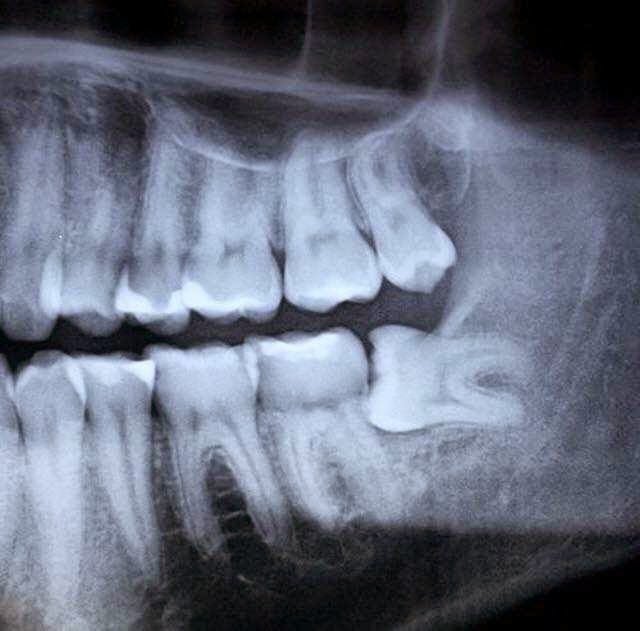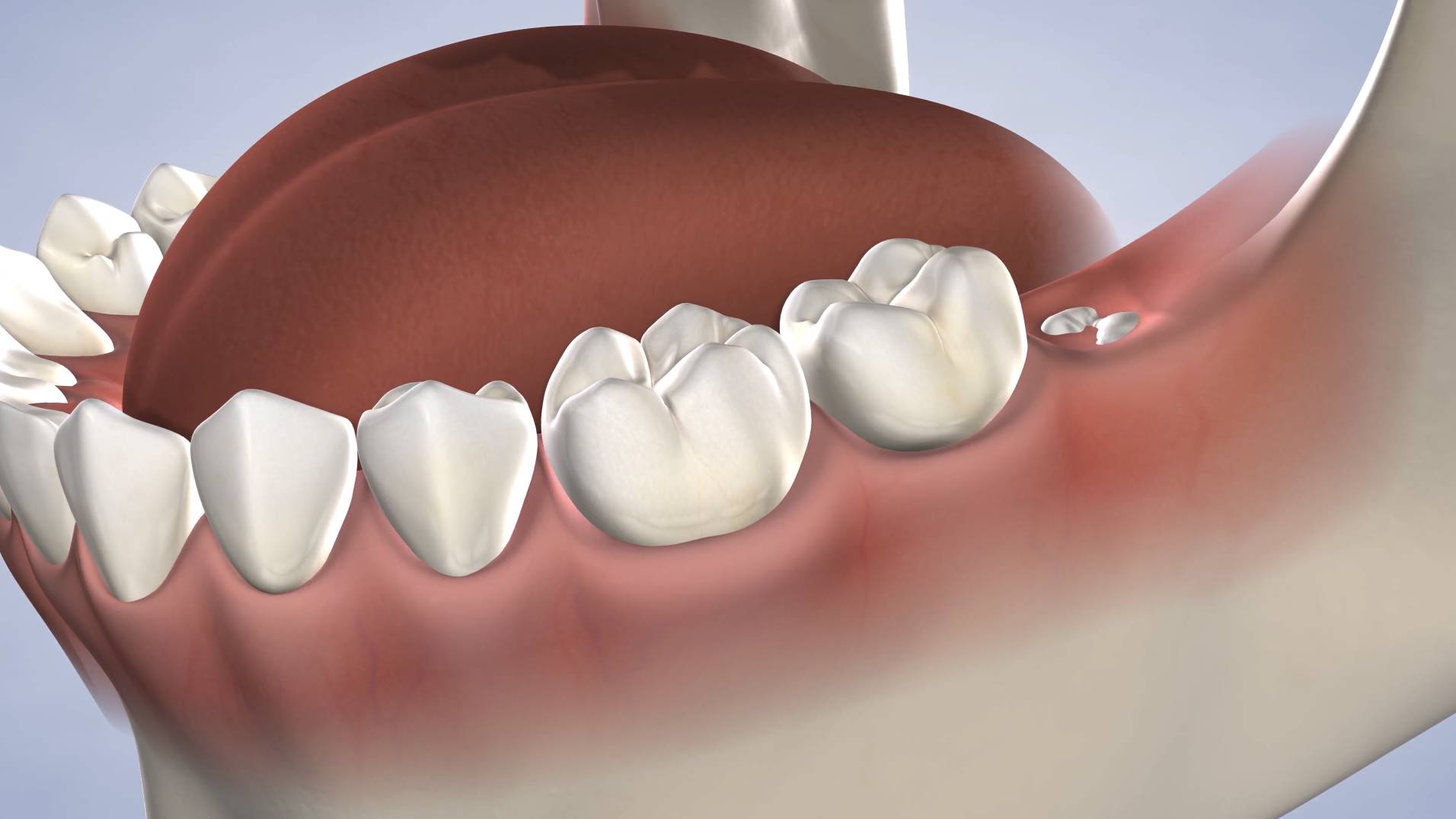
A Biased View of Is Wisdom Teeth Removal Surgery
Follow your physician's instructions on: Infection, Since you heal from your operation. Some type of blood may happen after wisdom tooth removal. So you don't dislodge the blood clot in the 17, Attempt to steer clear of spitting. Replace gauze within the extraction site as instructed by your dentist or oral surgeon.
You could have the ability to manage pain using the over-the-counter pain reliever, such as acetaminophen (Tylenol, others), or a prescription pain medicine by your dentist or oral surgeon. If bone has been taken away during the procedure, prescription pain medication may be useful. Holding a pack from the jaw also may alleviate pain.
As instructed by your surgeon or dentist, use an ice pack. Any of your own lips improves in two or three days. Bruising can take several days to resolve. Activity. After your surgery, plan to rest for the remainder of the day. Resume normal activities the next day, however for no less than a week, avoid strenuous activity that may lead to shedding the blood clot in the socket.
Drink a lot of water following the operation. Do not drink beer, carbonated, caffeinated or hot drinks in the initial 24 hours. Don't drink with a straw for no less than a week since the activity could dislodge the blood clot out of the socket. Food. Eat soft foods, like yogurt or applesauce.


Excitement About Wisdom Teeth Diet
Schedule an appointment, if your stitches have to be removed. When to call the physician or surgeon Call your physician or oral doctor should you experience any of these signs or signs, which could indicate an infection, nerve damage or other severe complication: Difficulty swallowing or breathing Excessive bleeding Fever Intense pain not relieved by prescribed pain drugs Swelling that worsens after a few days A terrible taste in your mouth never eliminated with saltwater burning Pus in or oozing from the socket Persistent tingling or loss of feeling Blood or pus at nasal discharge Results You probably won't require a follow-up appointment following a wisdom tooth extraction if: You do not need stitches eliminated No complications arose throughout the process You do not experience persistent difficulties, such as swelling, swelling, numbness or bleeding complications that might indicate infection, nerve damage or other problems If complications develop, speak to your physician or oral physician to discuss therapy choices.
Overview Wisdom tooth dental bonding extraction is a surgical procedure to eliminate one or even more wisdom teeth the four permanent adult teeth situated on bottom and the top at the back corners of the mouth. When a wisdom tooth does not have room to grow (impacted wisdom teeth ), leading to pain, infection or other dental issues, you'll probably have to get it pulled.

For others, wisdom teeth cause no issues and normally as their molars failed. Impacted wisdom teeth that don't have space to erupt into the mouth or develop normally are developed by Lots of individuals. Wisdom teeth can erupt in any way or only partly. An impacted wisdom tooth can: Grow in an angle toward another tooth (second molar) Grow in an angle towards the rear of the mouth Grow in a right angle to another teeth, as if the wisdom tooth is"lying down" within the jawbone Grow directly up or down like other teeth but stay trapped inside the jawbone Problems with impacted wisdom teeth You will probably want your impacted wisdom tooth pulled in case it contributes to problems such as: Infection Trapping food and debris supporting the wisdom tooth Illness or gum disease (periodontal disease) tooth decay at a partially erupted wisdom tooth injury to a nearby tooth or surrounding corrective jaw surgery bone growth of an fluid-filled sac (cyst) around the wisdom tooth problems together with dental treatments to whiten different teeth Preventing potential dental issues Cosmetic specialists disagree about the worth of yanking impacted wisdom teeth which aren't causing problems (asymptomatic).